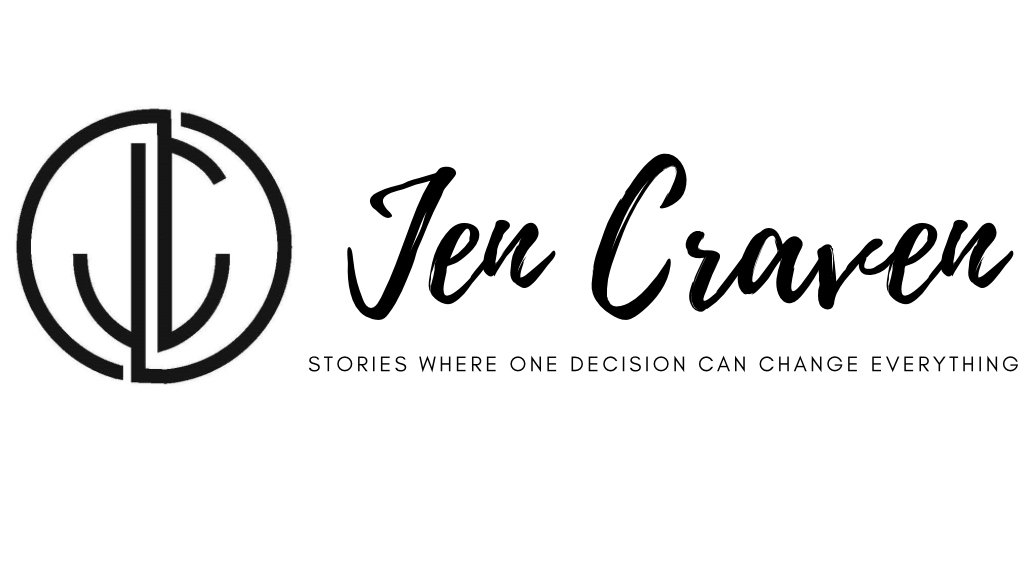Why I Decided to Ditch Querying and Go Indie
It’s no secret the quest to secure a literary agent is a daunting one. You write the book, craft a tight, compelling query letter, summarize your book in an 800-word synopsis, and cross your fingers (and toes) that it’ll be enough to hook a gatekeeper to traditional publishing.
I did all the things, sent out my first round of queries to carefully-researched agents, and within days had multiple requests for pages. With such great momentum out the gates, I felt hopeful for my chances. I posted about it and got many cheers and congrats from the writing community. Amazing! Yay!
Yet my excitement never quite matched theirs, and I now know why: From the beginning, I doubted traditional publishing was the right path for me.
Crazy, right? If you’re going to be a REAL author, you need the agent, the publishing deal from a Big 5 house—right?
Here are a few truths about traditional publishing:
· It’s notoriously slow. Many authors spend 1-2 years querying, then another year on submission. If the book sells, it’s often at least a year (usually longer) until the book hits the shelves.
· There are no guarantees. Just because you secure an agent doesn’t mean you’ll get a publishing deal. Many manuscripts die on submission and never see the light of day.
· There’s less control for authors. When you “get” a publishing deal, it means your agent sold your book to the publisher. Authors relinquish rights, along with a good deal of input on revisions, cover designs, etc.
Let me make one thing very clear: I respect the traditional publishing industry, as well as the agents and editors that make it all happen. I know that agents have a job to do, and that publishing is a BUSINESS. This is not a bitch session about what’s wrong with the industry (although I do have gripes there, like every author I’ve talked to, traditionally published or not). Instead, this is me taking a good hard look at my goals and making a decision based on what’s the best fit for me and my book.
The entire time I was querying, a little voice in my head was screaming to get through, but I largely pushed it away, opening up honestly to only a few select people.
During a Zoom call with one of my critique partners (who also happens to be querying a manuscript), we were discussing the ups and downs of the process, along with the pros and cons of traditional vs. indie publishing. In a moment of poignancy, she hit me with a question: “Jen, if you got an offer from an agent today, would you accept it?”
I couldn’t definitively answer. And that, effectively, was my sign.
A few days later, I received another full request. But this time, I didn’t send the pages. (Querying authors are gasping here, I’m sure). That’s right—an agent wanted to consider my full manuscript and I didn’t send it because I knew in my gut it wasn’t right for this book at this moment in time.
I think if I would have continued sending queries for the next year, I would have received an offer of representation. My stats have been generally good: I’ve had a 17% request rate, which according to Query Tracker is above the average of 9%. Well then you’re just impatient, you might be thinking. Nope, it’s not that.
When you’re applying to jobs, you weigh to pros and cons, which ultimately helps you choose one position over another. Deciding on a publishing path is very much like this. In the end, retaining control outweighed everything else:
· Control over my book’s content
· Control over the title
· Control over the cover design
· Control over the release timing
So, here I sit, a mere 5 months into the querying journey (peanuts in the grand scheme of querying!), but in this short amount of time, it’s become very clear to me that my goals and values don’t align with this path. And THAT’S OKAY.
I have lots of writer friends who are querying and whose ultimate goal is to get that agent and book deal. I am their #1 cheerleader! I’ll be the first one to buy their book when it comes out! Traditional publishing has given readers some of our favorite books. I’ll continue buying and reading these novels, because I like a good book, regardless of how it’s published.
Traditional publishing has long been the gold standard, but I genuinely feel that’s changing. More and more authors are turning to indie publishing for many of the reasons I’ve mentioned. Technology has allowed the indie publishing industry to blossom, opening up endless new resources for authors. It’s no longer the embarrassing Plan B—many writers actively choose indie publishing as their first choice. I’ve been inspired by many writers I follow on social media who are killing it as indie authors, building their platforms and putting out books they’re proud of (and that are freaking good!).
I’m STOKED to move forward as an indie author and have so many exciting ideas for bringing my book to market. Will I ever query another manuscript? I don’t know—never say never? But for now, this is undoubtedly the right decision. I can’t wait for BEST YEARS OF YOUR LIFE to hit readers’ bookshelves (or Kindles!), and I plan to share my process along the way to help shed light on a path that’s a viable alternative.

